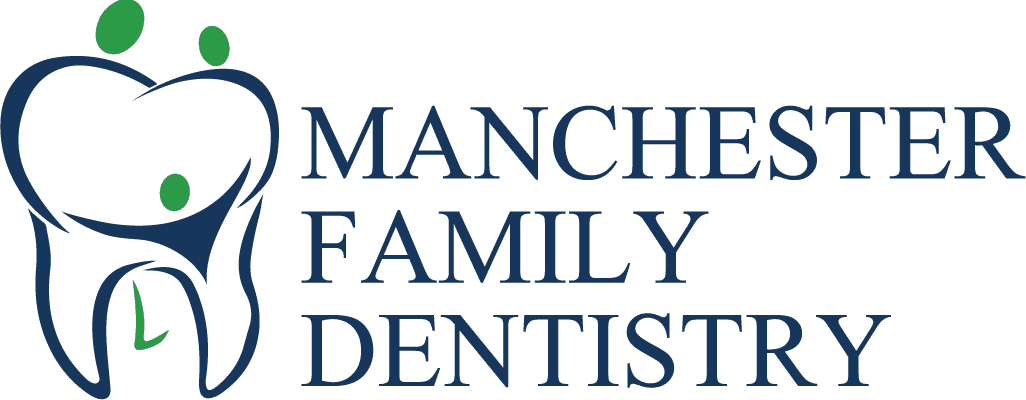The moment you step into Manchester Family Dentistry, situated in Manchester, NH, you can feel the friendly environment and acknowledge its excellence for your family care.
Our proficient teams love helping kids grow into healthy adults. We at Manchester Family Dentistry know that early experiences influence the value children place on their oral health as an adult. It takes only one negative experience for the children to avoid the dentist for the rest of their lives. At Manchester Family Dentistry, we assure the best experience for your child and your whole family. We are also one of the best teenage dental health services in Manchester.
Our services are designed in a way that patients of all age groups feel welcomed. Starting from the earliest checkups to orthodontic evaluations, our helpful doctors are always ready to listen to your concerns and guide you through every step.
Children's Dentistry
At a very early age, if proper oral care is not taken, the process of tooth decay starts, making the children particularly susceptible. Research shows that nearly half of the children between the age of 2-11 years have experienced tooth decay, while about 32% of the kids between the age of 9-11 have cavities in their permanent teeth. The major reasons for this public health problem include the baby formulas with added sugars and heavily-sugared fruit juices. The sugar present in breast milk can also cause cavities in babies.
Proper care should be taken as soon as a baby’s first teeth appear. We recommend bringing your child in for the oral examination no later than his/her first birthday. A regular six month checkup will put your kids on a schedule like the adults, and establish a routine that will last for a lifetime.

The following helpful steps can guard your child against tooth decay, even before the first dental appointment:
- Rinse your baby’s teeth with water or wipe down with a damp cloth after feeding and especially before they fall asleep. The residue of milk or formula in the mouth can cause tooth decay even in the youngest patients.
- Make an effort to wean your child off bottle feeding by their first birthday. This helps to avoid the chances of tooth decay and minimizes the possibility of jaw growth problems from excessive sucking.
- Start to brush the teeth as soon as the first tooth appears. Even if the tooth is barely poking through the gum, it can decay if not cleaned properly. In the beginning, start brushing with a soft-bristled brush and water. Ask your dentist when to start brushing with a small amount of toothpaste.
- Help your child to brush properly and remember that kids do not have the ability to clean their teeth properly until they can tie their shoes.
- Don’t give your child milk or sugary drinks before bedtime.
- If you want to offer sugary beverages, then always use a straw. As a result, the teeth will have less contact with the sugary liquid.
- Set a limit on the overall sugary food and drinks your child consumes.

Teen Dentistry
Dental health during the adolescent years offers difficulties and problems. For most parents, this doesn’t come as a major shock. A bewildering number of changes strike during these early stages, and in the meantime, parents frequently experience frustrations.
Teenagers listen more than we understand, and regular reinforcements from parents can have a huge effect on the dental future of your young adult. You might feel like you’re irritating, however, teenagers are continuously listening and, in all honesty, the steady suggestions to brush, floss, and eat well will soak in. The support and encouragement given to assist your youngster with keeping away from the drawn-out impacts of cavities and gum inflammation will pay off in the long run.
Preventative visits at regular intervals of six months give us a valuable chance to mentor your teen and build up the endeavors you’re making with them. At times the rapport we lay out in an expert and friendly setting proves particularly effective. Also, we can impart issues to them through visual guides while supporting any positive efforts they’re making.
Tips For Home Efforts That Protect Your Teen’s Dental Health:
- Limit soft drinks and caffeinated drinks. Sugary carbonated drinks are the main source of tooth decay in youths. Several 20-ounce containers of soda have 18 teaspoons of sugar in a very acidic fluid. This can be wrecking for teeth as well as their general wellbeing.
- Empower brushing before sleep time. The hours spent sleeping can be particularly damaging as the mouth dries out and bacterial infection prospers.
- Explain the risks of sharing toothbrushes. Explain the risks of sharing toothbrushes and how the microorganisms that cause gum illness and cavities can undoubtedly transfer from person to person.
- Slip in dental floss or a toothpick with their backpack or lunch.
Adult Dentistry
Adult dental problems are gradual processes, they start with a little bit of tooth decay or gum infection and then lead to significant problems. Nonetheless, one thing is sure. If left untreated, they quite often result in suffering, emergency treatment, and tooth loss. So, for what reason does this happen?
It’s an infection.
An enormous amount of bacteria swim around in our mouths, out of which many are harmless, and some are beneficial as well. But some bacterias want to destroy the hard as well as delicate tissues of the mouth. Like every living organism, they need an energy source. Sugars are their favorite snacks, and they utilize simple carbohydrates from our diet to fabricate energy.
All living organisms consume energy and produce waste, the same happens in bacteria. The acidic wastes produced by them are stored on the teeth, which afterward erode the hard surfaces, debilitate the enamel, and create holes known as cavities.
Some bacterias produce a harmful waste that causes bleeding gums, and damage to the bone around the teeth, which is called periodontal disease. Periodontal disease is the main explanation for individuals losing their teeth and ending up with dentures.
Most infections can be treated with an antibiotic; however, mouth bacteria require an alternate methodology. Regular checkups assist us with finding new cavities, and occasional cleanings eliminate plaque and tartar that nurtures many damaging bacterias.
Patients with high risk are treated using the custom-made approach with our teams and we have numerous techniques to strengthen debilitated weakened enamel that has not yet developed into decay.
The complex cycle of inflammation and contamination reaches far beyond gums and mouth. Research keeps on uncovering the numerous ways that our oral health influences the general health including heart wellbeing, and can impact medical conditions like joint pain, diabetes, and a few other kinds of disease. For instance, mouth bacteria enter the circulatory system through inflamed and bleeding gums. The bacterias enter the small blood vessels of the heart and brain using the blood flow. Inside the heart and brain, they can harm the intricate vessel lining, prompting blockage of the vessel. A heart attack or stroke can result due to bleeding gums.

Some Tips For Maintaining A Healthy Mouth:
Brush for no less than two minutes, two times per day, and floss no less than one time each day.
It seems like quite a long time, however it has an effect. You can use an electric toothbrush with a built-in timer or set a timer on your cell phone. If you do not like to floss, think about using toothpicks, interdental brushes, or the magic of a Waterpik.
Wash your toothbrush and replace it every three months.
Many bacterias reside on the toothbrush, if we do not wash them before and after brushing then the bacteria can enter our mouth again.
Drink sugar-rich fluids using a straw.
A straw helps to prevent sugar from washing the teeth before swallowing. As a result, the probability of tooth problems reduces.
Drink water after your meal.
Water helps clean food residues from your teeth. Besides this, water can help us to stay hydrated and healthy.
Get cavities treated right away.
Cavities rarely cause pain until they arrive at a critical stage. Remember that small tooth decay eventually becomes bigger. So, get the cavities treated right away.
Visit your hygienist every six months.
The risk of major and critical dental issues decreases drastically if you’re visiting us two times every year. Patients that fit preventative dentistry into their schedule and budget commonly have fewer dental visits and lesser expenses in the long run than the people who wait for emergencies to develop.
Take control of your well-being by scheduling an appointment with one of the top teenage dental health services in Manchester, NH today.

